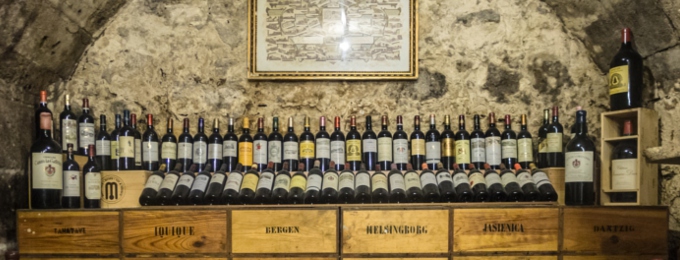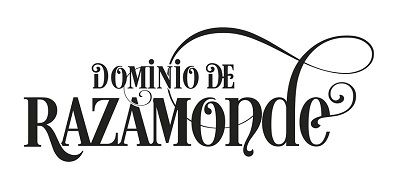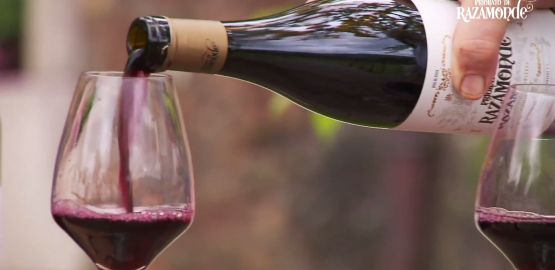
Wine has existed since time immemorial: remains of vineyards have been found in the Caucasus that are more than 7,000 years old. It is also believed that it could have arisen by pure chance, by forgetting grape juice in an amphora ... Since then, its history is full of anecdotes.
In Egypt…
The ancient Egyptians had a great reputation for their excellent wines. Despite its extremely dry climate, ancient Egypt produced some of the best wines in the world.
When Tutankhamun's tomb was opened in 1922, amphorae that had contained wine were discovered. Each one was labeled with information on the year of production, production area, ownership, quality and also the name of the responsible winegrower… information that would meet current legal requirements in many countries.
18 years to drink wine
In his book The Laws, Plato writes that there should be a law that prohibits young people from drinking wine until they are 18 and that until they are thirty, it prescribes that men take it with moderation. From the age of forty, he could take it freely to alleviate the rigors of old age. So we could owe the minimum age for drinking alcohol to the ancient Greeks, like many of our laws.
The oldest bottle of wine ...
The oldest bottle of what could be wine is housed in Germany's Pfalz Historical Museum. It is 1650 years old, contains a white liquid and was found in 1867, near the city of Speyer, buried in the tomb of a Roman nobleman who lived around 350 A.D. If it were opened today, at a micro-biological level it would be intact although its taste would probably not be pleasant ...

Interesting Historical Wine Facts - Ribeiro Wine from the Priorato de Razamonde




